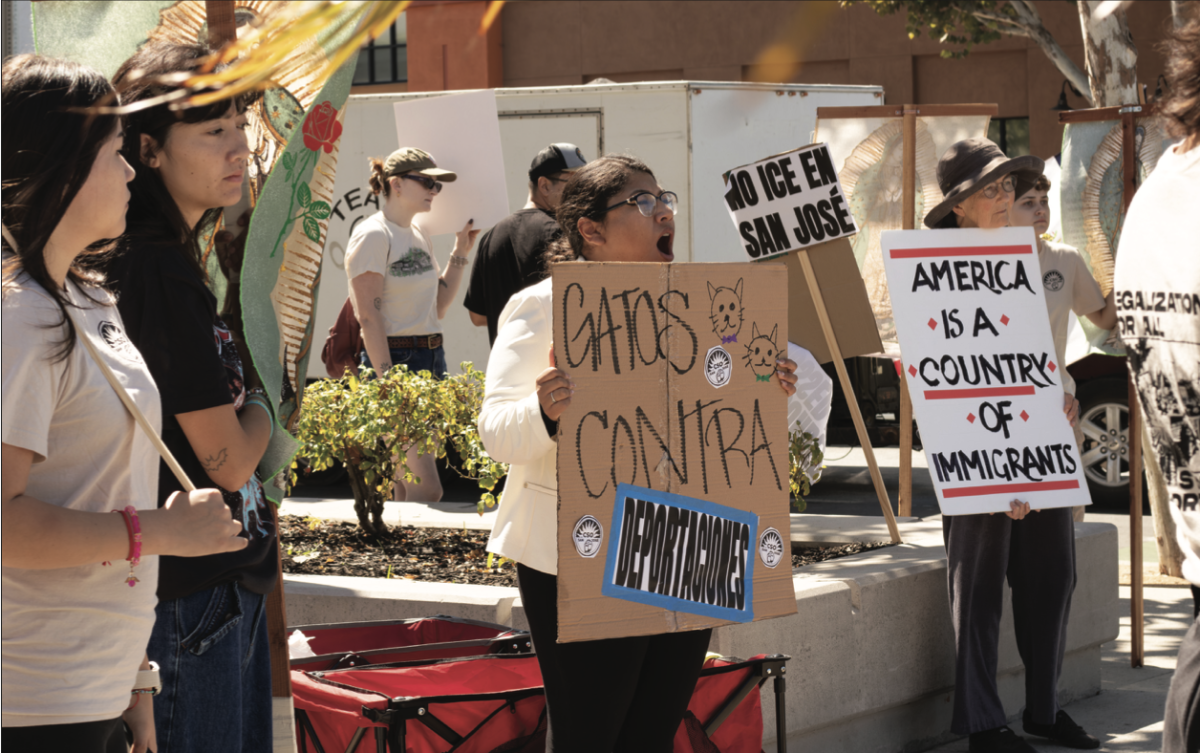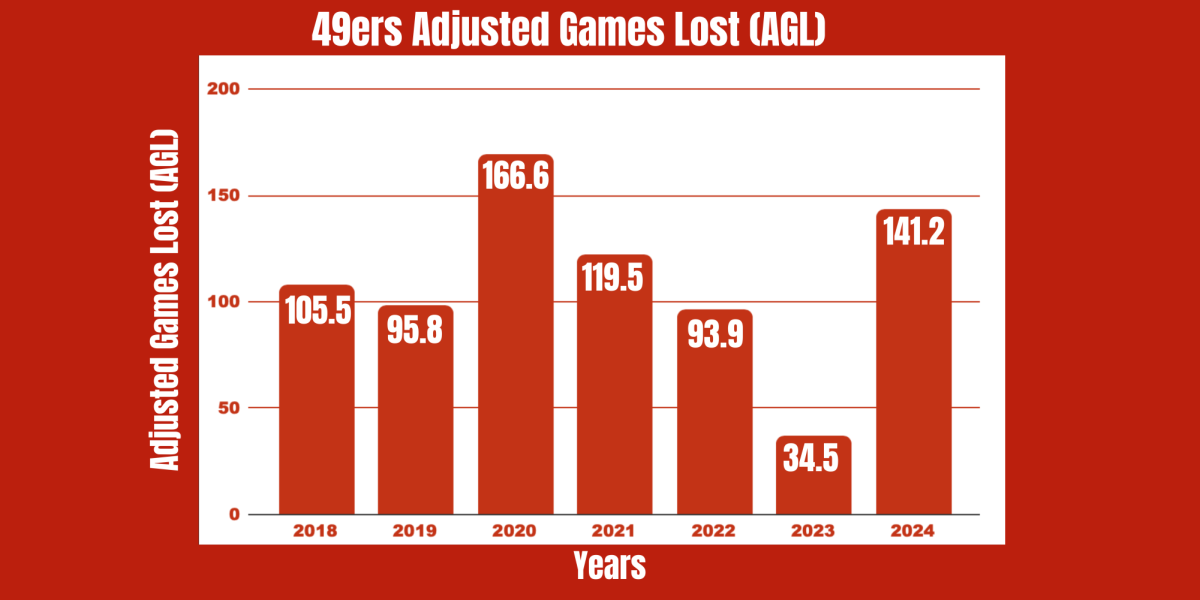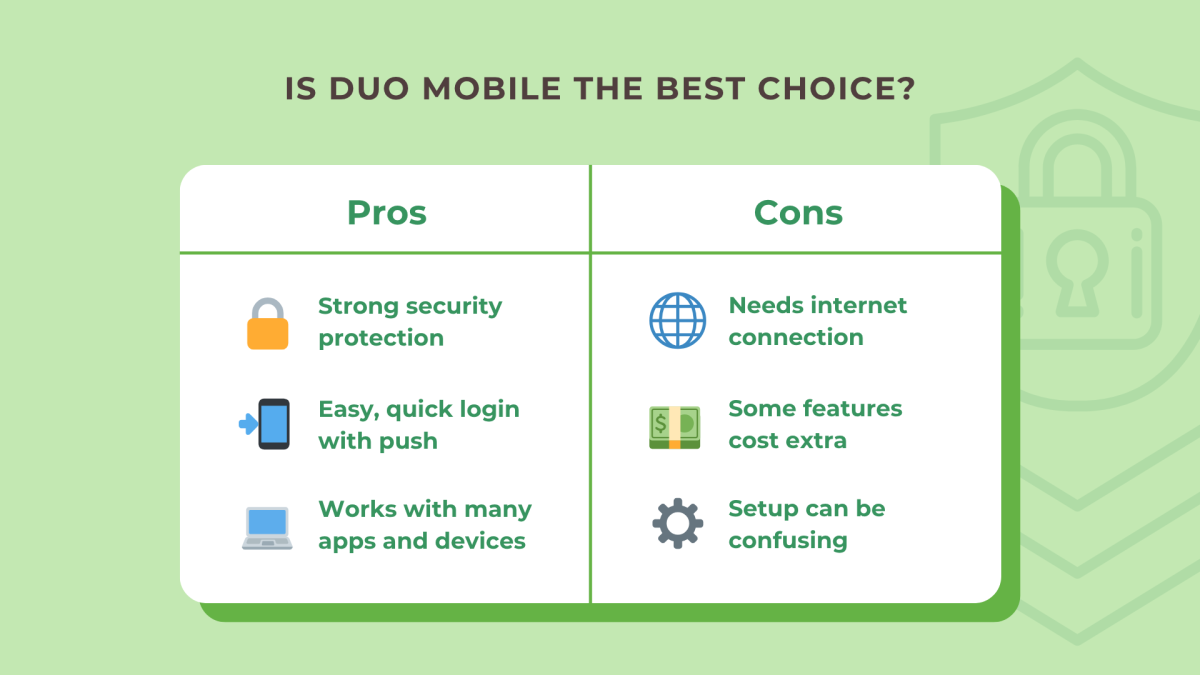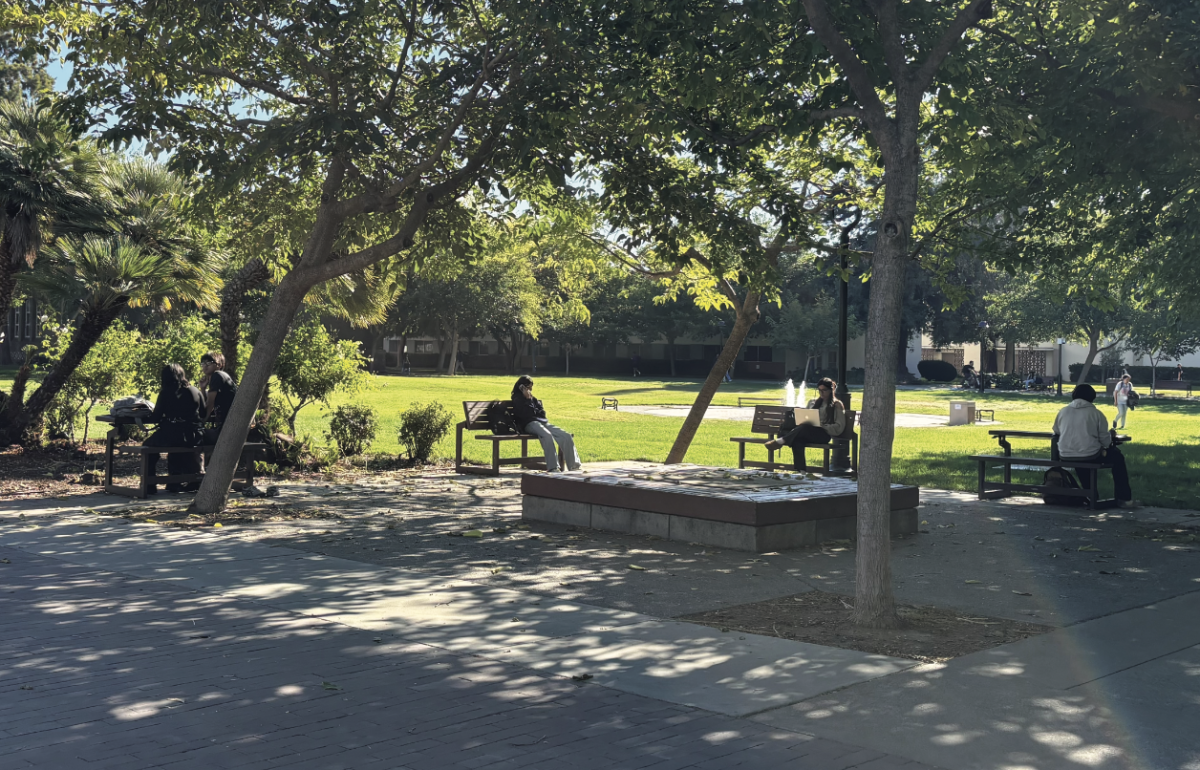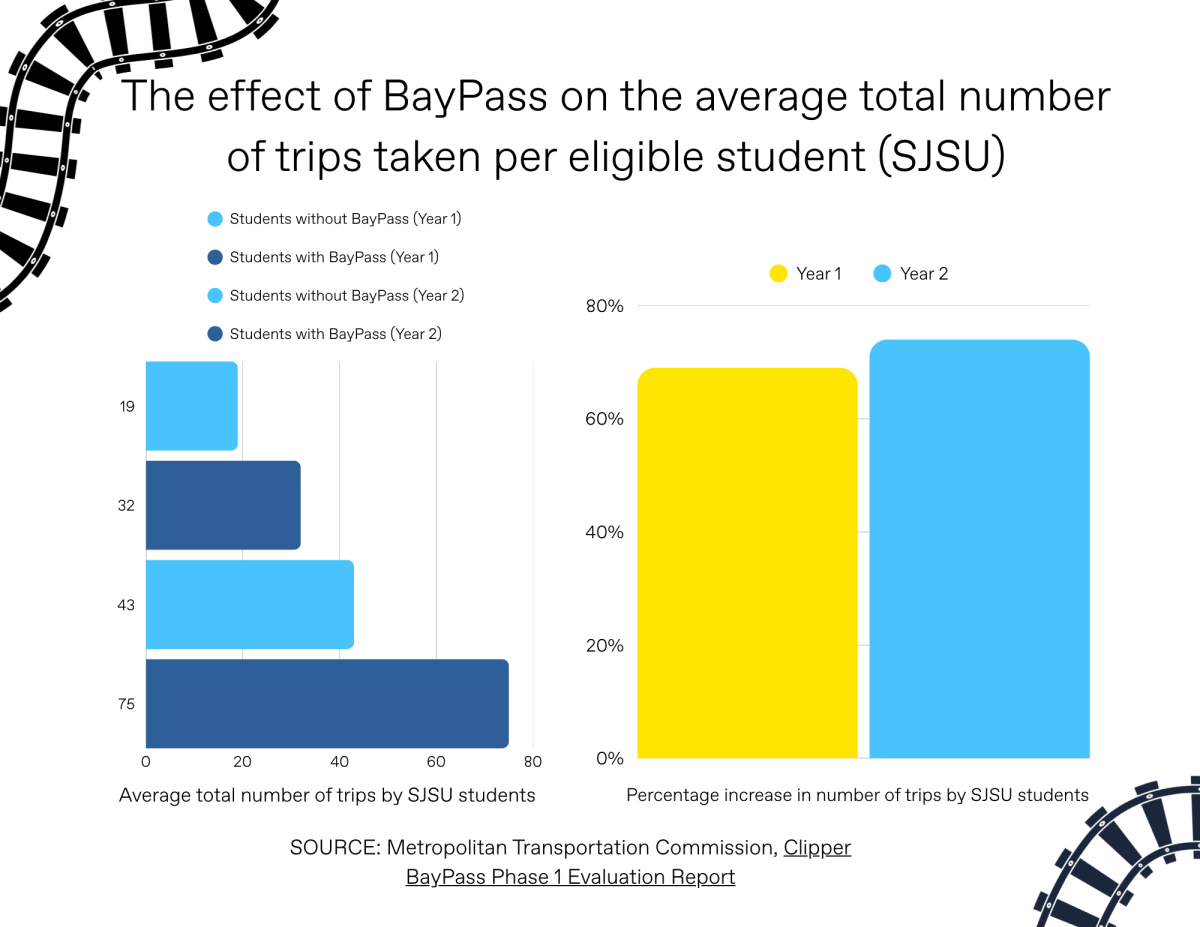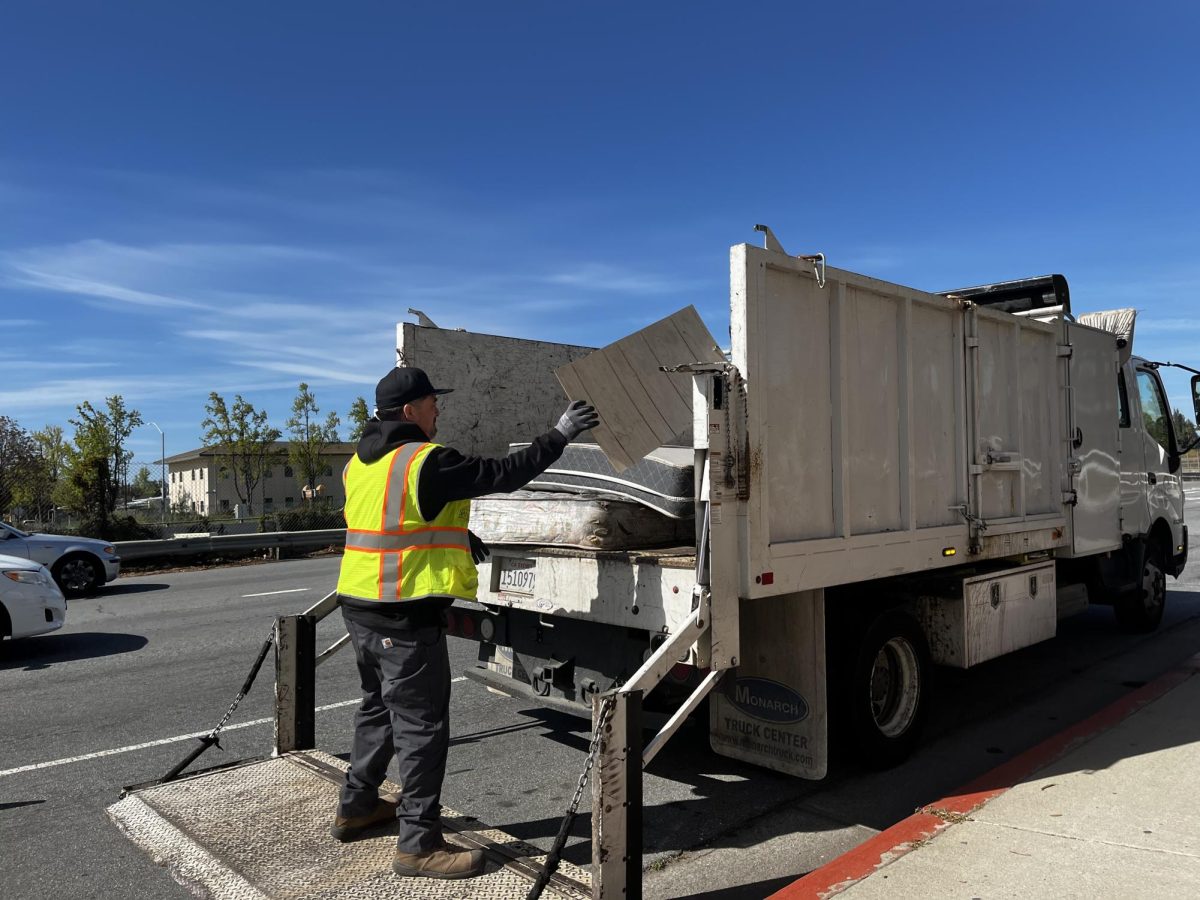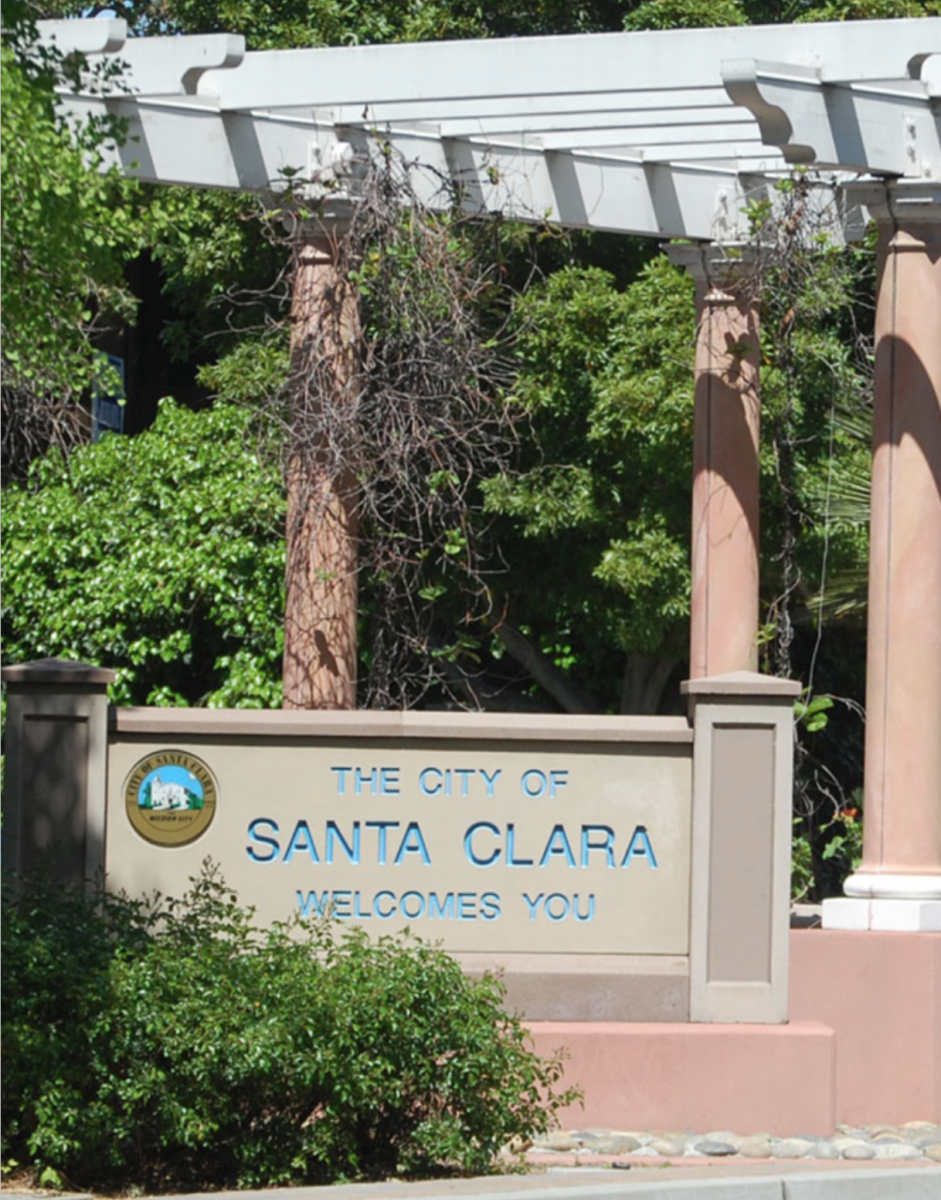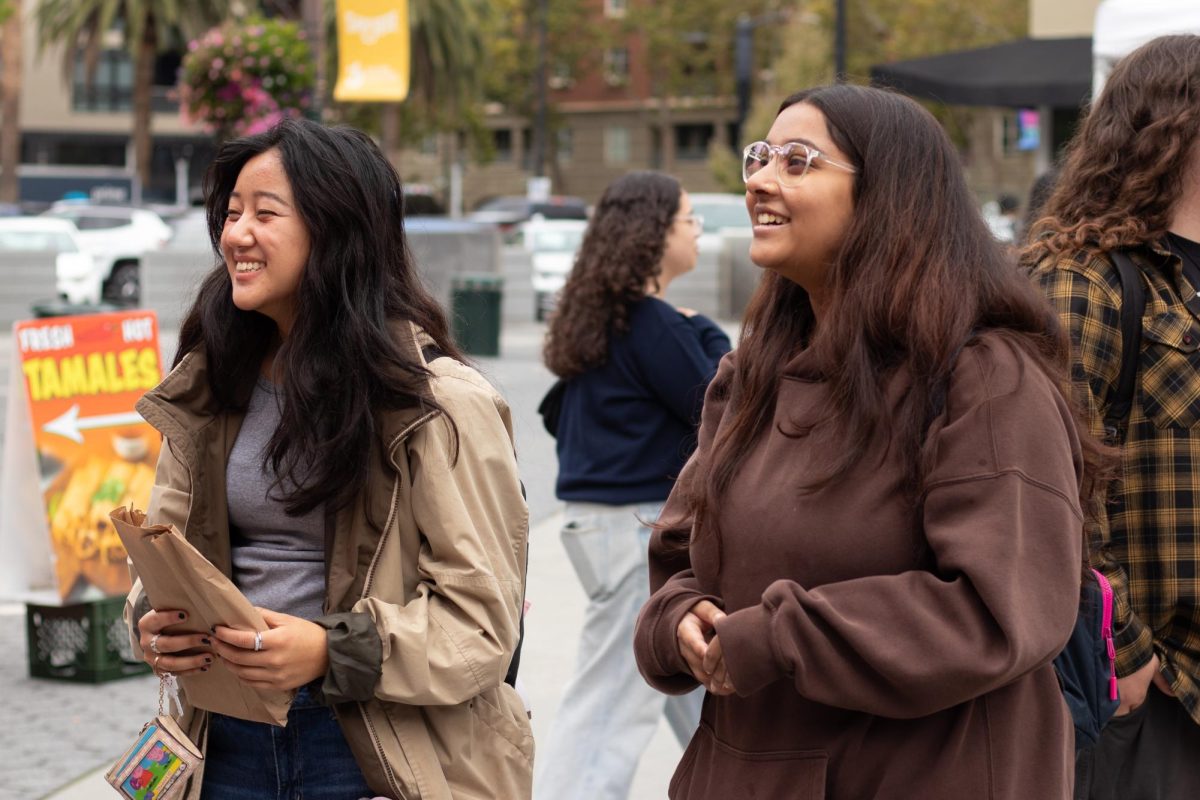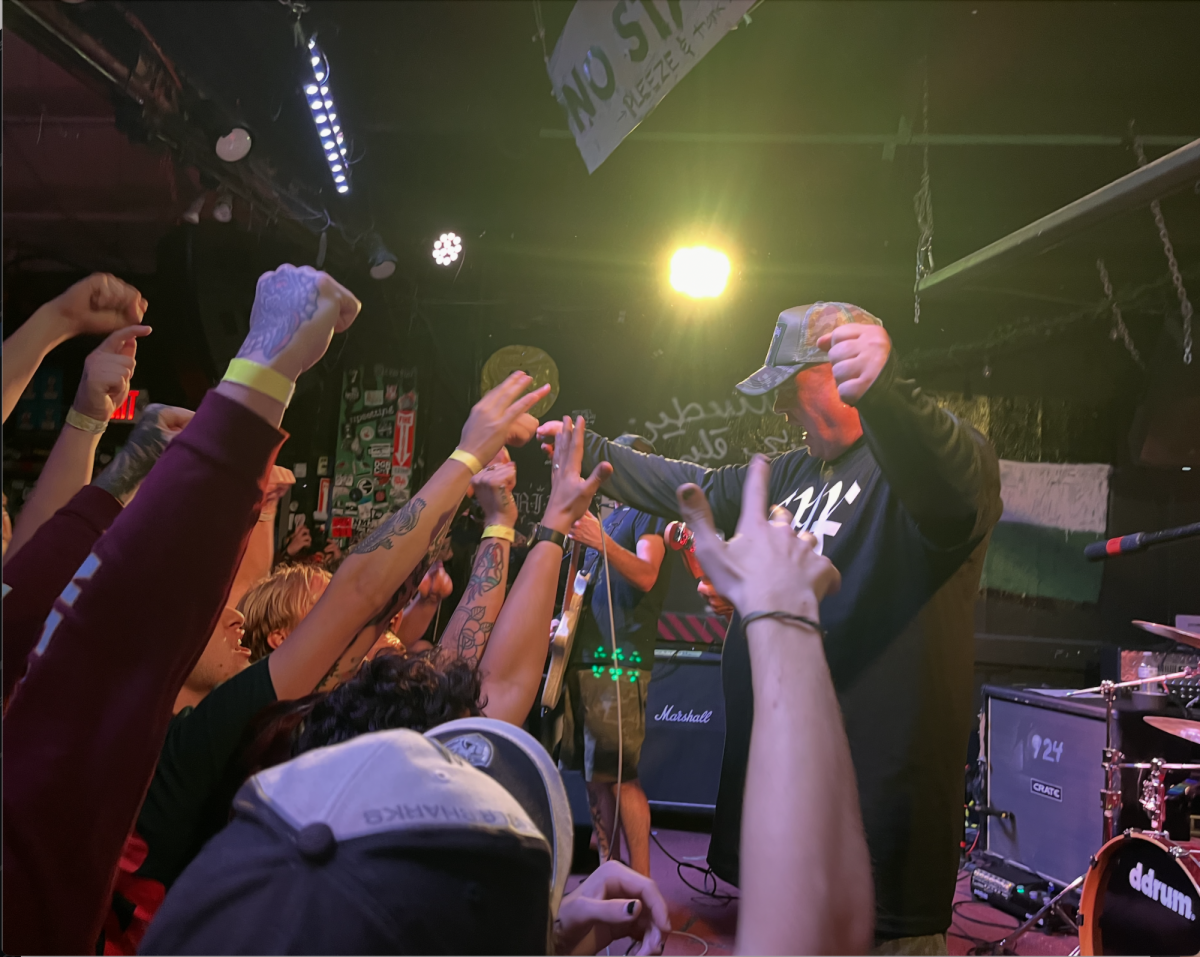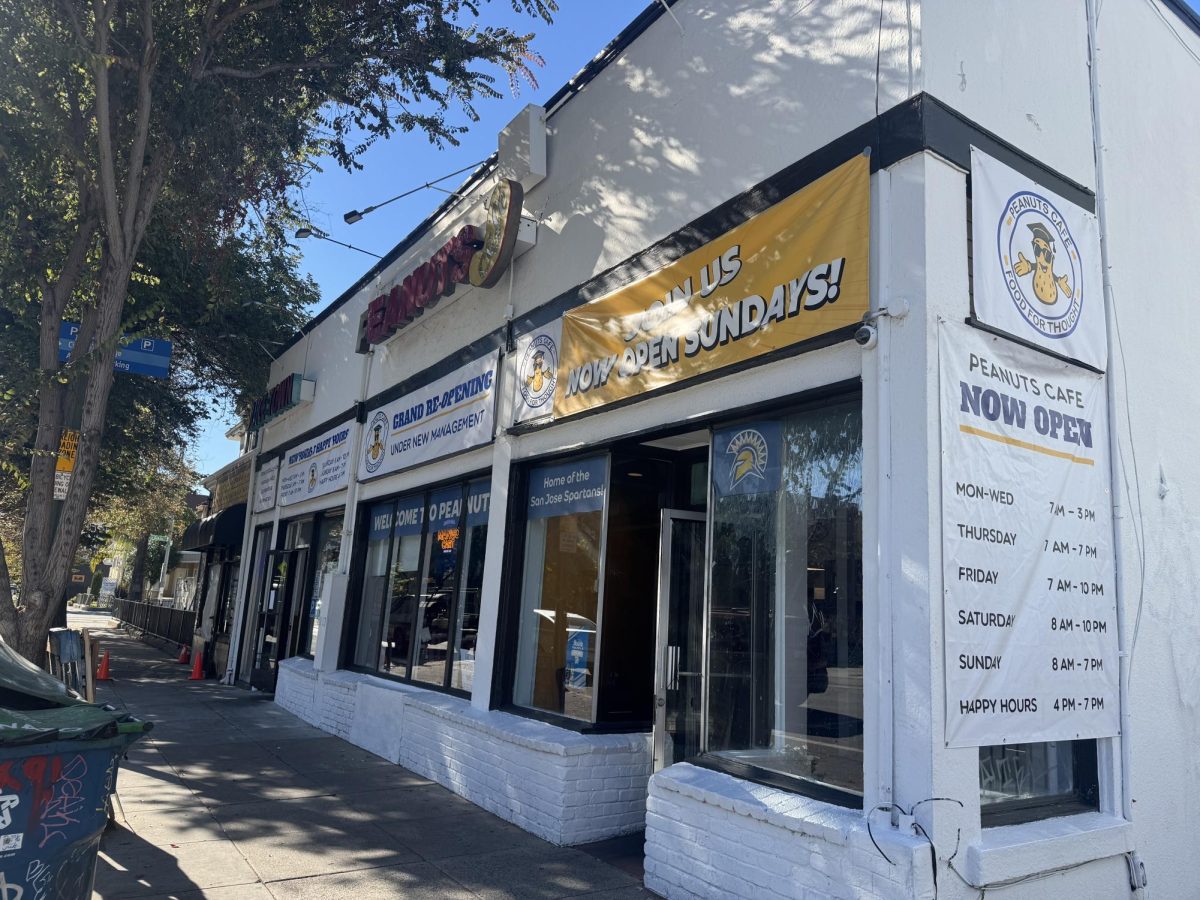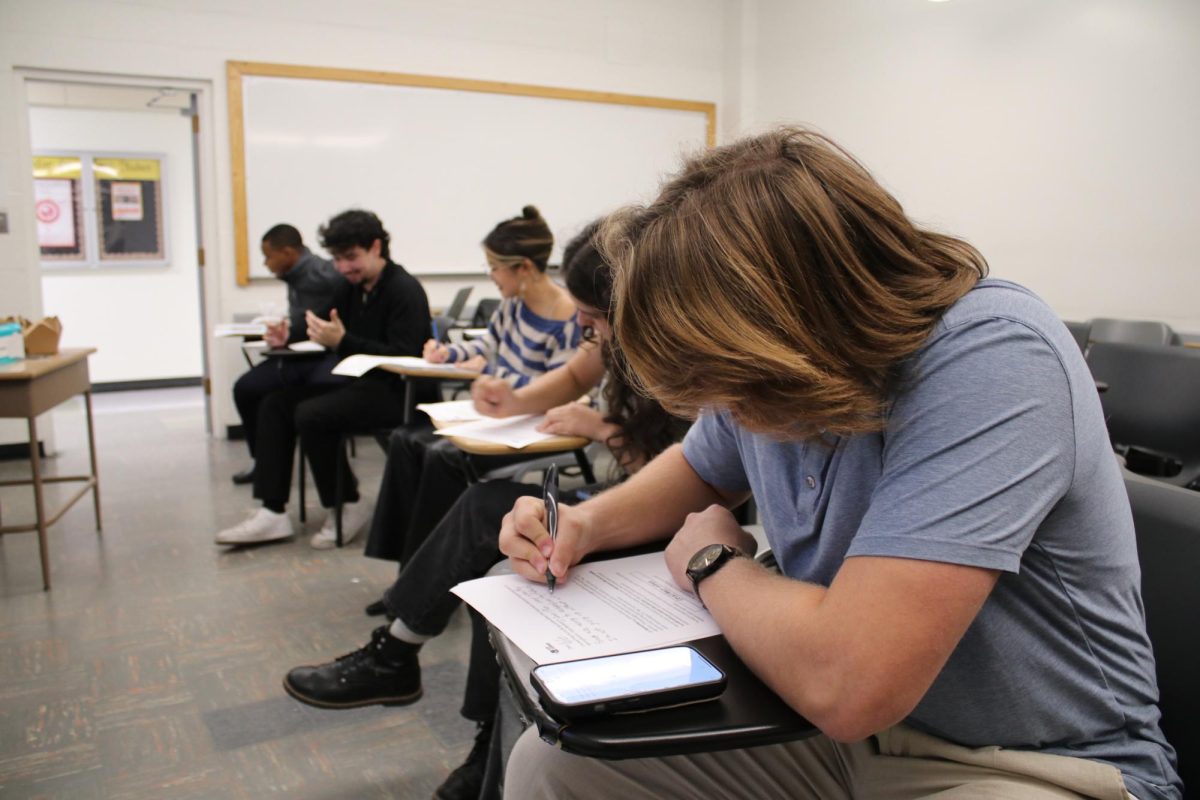With the fall semester in full swing, San José State students face higher parking rates and limited parking spots, while University of California, Berkeley and San Francisco State students receive free public transit with the Clipper BayPass.
The Metropolitan Transportation Commission (MTC), the Bay Area’s regional transit planning agency coordinating transit services in the nine counties, created the Clipper BayPass pilot program for unlimited free access to bus, train and ferry services that accept Clipper, according to the Clipper BayPass Phase 1 Evaluation Report.
Phase one of the pilot program ran from Aug. 2022 to June 2025, consisting of a total of 51,300 individuals from SFSU, UC Berkeley, SJSU, Santa Rosa Junior College and 12 Midpen affordable housing properties. SJSU had 7,000 students randomly selected for the program, according to the report.
In the first year, all students with BayPass took 30% more trips than students with preexisting transit pass programs. SJSU had an increase of 69% due to BayPass, compared to students not eligible for BayPass.
The report concluded that in Phase 1 of the program, students with BayPass took more trips, utilized more transfers and were less likely to leave school. Low-income students with free public transit increased their ridership by 27.4%, then their counterparts without BayPass.
Emily Tenorio Molina, a first-year journalism graduate student at UC Berkeley, enjoys using BayPass to commute to her classes from Pittsburg via BART.
“Honestly, I’ve been waiting for such a program for a very long time,” Tenorio Molina said.
SFSU students opted to have the BayPass in Fall 2024 at the cost of $120 per student per semester. UC Berkeley students voted in April to increase their transit fees in favor of adding BayPass with a flat rate of $124 per student per semester, starting in August. SJSU decided not to continue with BayPass after the pilot had concluded, according to the same report.
John Goodwin, MTC assistant director, said MTC provided all the funds to make the Clipper BayPass available to one quarter of the students who began the fall semester in August of 2022.
“To continue, it would have to be paid either by San José State or by the students of San José State,” Goodwin said.
Michelle Smith McDonald, senior director of media relations at SJSU, said the university participated in Phase 1 of the BayPass program, as it was at no cost to the university.
“In Phase 2 of the program, the cost is $49 per student for every student on campus (a cost of nearly $1.6 million), regardless of whether or not they will utilize the program, there is no opt-out option,” Smith McDonald said. “The cost that would need to be covered through a student fee increase and would require a student referendum for the 2026-27 academic year.”
She highlighted that the fee increase was not put through a vote through the campus fee advisory committee in time for the new school year, as the university stakeholders take a look at the potential impacts on student services and fees.
“It is important that we continue to explore options for affordable transit options for students, and BayPass remains a part of that discussion,” Smith McDonald said. “We appreciate hearing from students about how important affordable transit options are for them, and students should also continue to share their perspectives with Associated Students.”
Sam Jeffs and Zyjay Cruz, second-year engineering technology and software engineering students, are campaigning for BayPass at SJSU.
“Our core mission is that Spartans deserve affordable and equitable transit,” Cruz said. “We want transit to be very easy and affordable for anyone to use, (so) that they don’t have to worry about paying out of pocket at all.”
Haleema Bharoocha-Jobe, Associated Students Transportation Solutions department manager, said Transportation Solutions is taking all the steps to support student advocacy efforts and to provide information to stakeholders to make decisions moving forward.
“We can’t guarantee any specific timeline about BayPass, but we definitely think it is something that could happen for San Jose State University,” Bharoocha-Jobe said. “And we’re focused on making sure we do this the right way, with the right supports and resources in place to see what is possible,”
Parking fee rates had increased for the first time in 20 years from $8 to $12, according to an Aug. 27 article from the Spartan Daily.
Along with the costs of parking permits, last year, per semester was $192, with the current academic year having semester parking permits now at $220, according to the same source.
While other colleges are benefiting from BayPass and the parking prices have increased, student enrollment has reached a record-breaking enrollment with nearly 40,000 students, according to the SJSU News Center webpage.
Bharoocha-Jobe said about 20,000 people come to campus on any given day. There are 7,500 parking spots on campus, according to the SJSU Parking Services webpage.
“The math just shows there will never be enough parking and there are state laws that are reviewed to build more parking. I don’t think the university would be able to build additional parking, as this might make the case for BayPass,” Bharoocha-Jobe said. “Because it shows that again, if we can’t solve our parking problem, then what are the alternatives that we can provide for students?”
In a survey conducted by BayPass at SJSU in April, reported that 34% of students would take over 20 minutes to find a parking spot.
“We think commuters who often drive are really looking forward to this option because if they are given the option of basically free public transit, included with your tuition, you can use it as much as you want,” Cruz said.
Tenorio Molina said taking her car had been a lengthy commute as she would have to worry about paying for gas and parking, especially parking spots that are not always guaranteed at UC Berkeley.
“It’s another thing that I don’t want to focus too much on when I’m already focusing on my professional degree and doing other things in life,” she said. “This is a huge benefit for me as a commuter and I really do hope other institutions adopt this.”
Anicia Madali, a third-year music education student at SJSU, commutes to SJSU via BART and bus, with her daily commute round-trip usually an hour and a half.
“For my daily commute, I get dropped off at BART in Pleasanton, have to transfer trains at Bayfair to go to Berryessa, and then from there take the bus the rest of the way,” said Madali.
Both students take public transit to commute to their respective campuses, Tenorio Molina benefits from using BayPass at UC Berkeley, while Madali has to pay for public transit to get to campus every day.
“It’s a bit expensive, round-trip is $16.40, because when I take BART back to Pleasanton. I also take the bus after that instead of getting picked up,” said Madali.
Madali said she would utilize BayPass if it were provided at SJSU.
“It would definitely reduce my traveling costs to be almost free and I would be using it every day,” she said.

